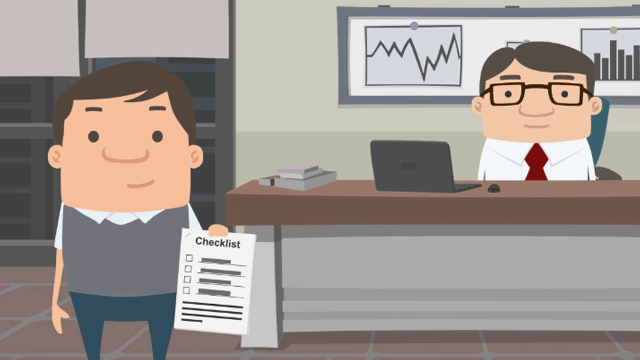The "Optional" Home Inspection
November 14, 2024
A home inspection provides an unbiased, expert assessment of the property's condition, uncovering potential issues that might not be noticeable to the untrained observer. Add the home inspection to your to-do list for best results.
Think of it as a comprehensive health check for your potential investment. You should only commit to a home after it has been reviewed by a qualified professional and not just an FHA fee appraiser.
Why Do You Need A Home Inspection? Examples
A couple is interested in a beautiful Victorian-era home. The appraisal confirmed the asking price was reasonable, However, during the inspection significant cracks were discovered in the foundation, suggesting expensive repairs. Thanks to the inspection, the buyers renegotiated the price.
Another example? A family looking for a larger home finds one in a popular area. The house’s freshly painted walls and modern kitchen suggested a well-maintained property, but after the inspection, the buyers learned of basement water damage and a history of flooding due to inadequate drainage.
The buyers chose to pass on the home. That scenario may have worked out differently if they had relied on the appraisal alone.
A final example: A retired couple examined a property listed as having a newly replaced roof. However, the inspection report revealed some new shingles layered over old, damaged ones. Is that the definition of “newly replaced?”
These examples represent only a few issues a home inspection may reveal. While it might seem like an additional expense, it's a small investment compared to the potential costs of unforeseen repairs and problems.
Never Skip the Inspection
- Uncover Hidden Problems: Inspections reveal issues that might not be visible during your walkthrough.
- Negotiate Repairs or Price: The inspection report provides leverage to negotiate repairs or a lower price.
- Avoid Costly Surprises: This can save you from expensive repairs after you move in.
- Make Informed Decisions: You should fully understand the property's condition so that you can make an informed decision about your purchase.

FHA Loan Articles
November 12, 2024Escrow is an important feature of most typical FHA loans. An escrow account is a third-party account where borrowers deposit funds designated for property taxes and other uses. Requirements to use escrow accounts typically stems from a need to protect all parties involved in the transaction
November 2, 2024When it’s time to consider buying a home, the Federal Housing Administration (FHA) offers two popular options. One is the traditional FHA purchase loan many use to buy a house in the suburbs. But not everyone wants to buy an existing property. Some want more control over the design and configuration of the home.
The other FHA construction loan option, the one-time close mortgage, comes in here. This option is for those who want to approve floor plans, have a say in the types of materials used to build the home and choose its features.
October 31, 2024When buying a home for the first time, it helps to know how long the process can take. How do you know if your appraisal report is delayed if you don’t know how long the FHA allows for the process to be completed? How long does it take to get from the final offer to closing day? A “typical” FHA loan process may take up to 45 days from start to finish. Several factors can influence this timeline.
October 30, 2024Just because an FHA loan is designed to be more lenient with FICO scores and require a lower down payment doesn’t mean the house you buy with that loan is less than ideal. Did you know that FHA loans have minimum property standards to ensure the home is safe and livable? Those standards require the home to have an “economic life” for the entire term of the loan so you can freely sell the property later on if you choose to do so.
October 29, 2024Buying a home with an FHA mortgage is a major life decision, and preparation is essential before you start house hunting or consider making an offer on a property.
How to get started? In the early stages, establishing your budget and how much work you need to do on your credit is key. But once you have gotten past the initial phase of that planning you’ll want to consider the house itself and what you want from it.







